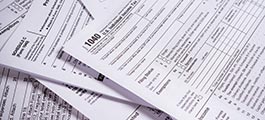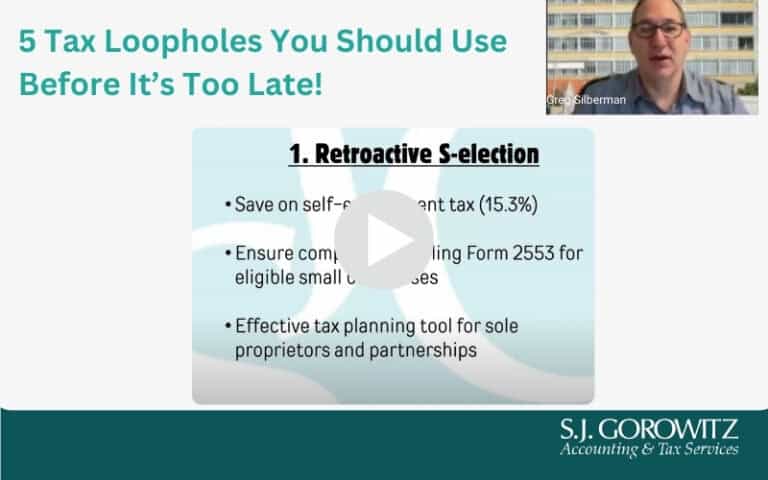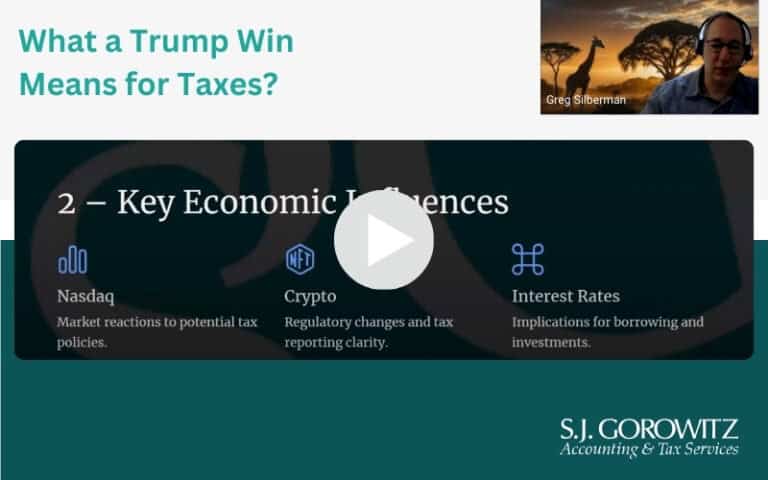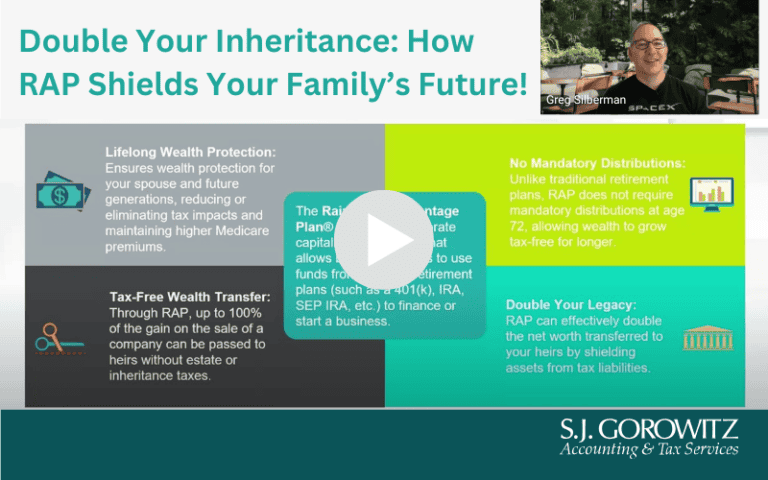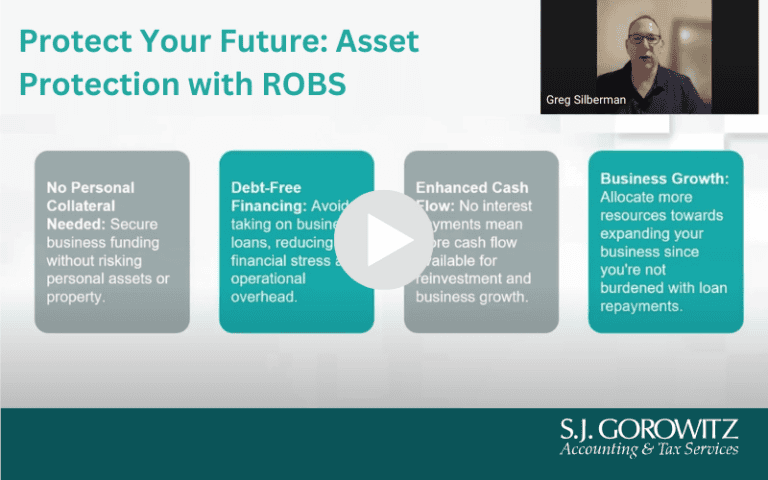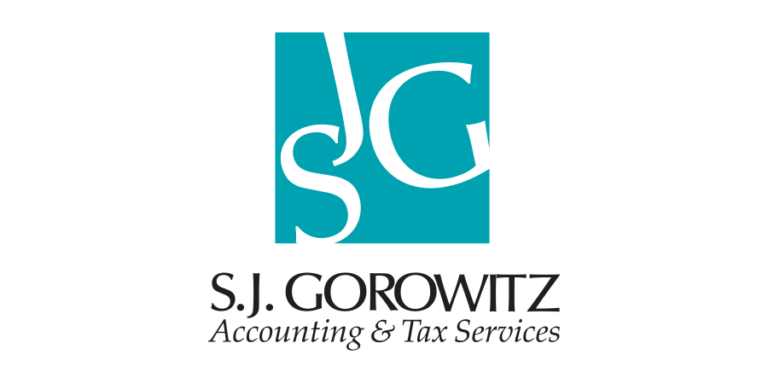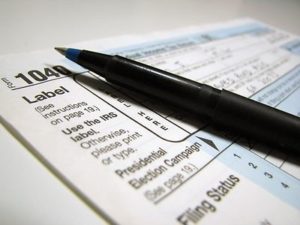 It’s everyone’s favorite time of year again – tax time! Although you may not enjoy the process, it is a necessary evil. Hopefully finding the right tax preparer can make it less painful.
It’s everyone’s favorite time of year again – tax time! Although you may not enjoy the process, it is a necessary evil. Hopefully finding the right tax preparer can make it less painful.
Nearly 2/3 of all taxpayers use a tax preparer. However, it still may not be appropriate for you. There are multiple free filing software options accessible through the IRS’s website if your income is below $57,000, and 70 percent of all taxpayers make less than $57,000. But if you’re not in this category, then it may be prudent for you to hire a professional.
A good tax preparer will help you stay in compliance with the law as well as minimize taxes for your specific set of circumstances. The IRS has some important minimum requirements you should look for in a tax preparer at http://www.irs.gov/uac/Ten-Tips-to-Help-You-Choose-a-Tax-Preparer.
However, there are some other characteristics that could be important to you as well. When selecting a preparer it is important to:
1) Be an informed consumer: There are no regulations regarding who can charge a fee to prepare tax returns. Therefore, a CPA, Enrolled Agent, attorney, employee at a chain, or even a person with a seasonal storefront sign can prepare your return. There’s a reason why there are different industries for tax preparation, and there are different levels of education and knowledge required for each (see https://www.sjgorowitz.com/should-i-use-an-accountant-or-a-cpa-does-it-really-matter/). An executive with stock options, deferred compensation and multiple small investments probably would not be a fit for the national chains, while an employee with only a W-2 and mortgage interest probably would not have tax needs that justify the added expense incurred by going with a large CPA firm. Be sure you understand where you fit in the scale of tax preparation and how much detailed knowledge you need from your tax professional. Recently, the IRS began requiring tax preparers to register with the IRS as a person who prepares taxes for a fee, but it is still your responsibility to understand who you’re hiring and why.
2) Expect a lot of questions: A tax preparer should ask you plenty of questions. We need a wealth of information to identify possible deductions, ensure all income is captured and assist in planning to minimize taxes going forward. Tax advice and tax preparation is not generic – the advice for a real estate developer differs from that for a manufacturing business owner, which differs from a widow with income in a trust. Also, keep in mind that although it is not our job to audit the information, reputable tax preparers assess the information we see and hear for reasonableness.
3) Choose a preparer that is well versed in your fact pattern: Are you a serial entrepreneur with multiple businesses? Are you an investor who relies on investment earnings for income? Are your assets and businesses in several different types of entities? The tax preparer you select should be well versed in your financial situation. An experienced and knowledgeable preparer will also be familiar with common deductions, income recognition policies, special tax credits and practice norms for the industry. The financial complexities that encouraged you to seek outside assistance are conditions that the right tax preparer will see on a normal business day.
4) Chose a preparer who allows you to ask questions. Although you are not expected to be an expert in tax law, you as the taxpayer are responsible for the accuracy of your tax return. Therefore, you should feel comfortable asking questions of your tax preparer. If he or she is not able explain the answers to your satisfaction and offer you a basic understanding, you should select a different person.
In order to get an idea of the fee range for the work that’s going to be performed be sure to communicate with the preparer. You wouldn’t expect a landscaper to give a quote without first looking at your yard, so be open with potential preparers so they have enough information to help you. Finally, if you do hire professionals, let them do their job. Your thorough internet research is not a substitute for 20 years in the profession. The internet is a great source for beginning research and formulating questions; however, if you believe you know what to do and you know better than the preparer, then save the cost and prepare your taxes yourself.
Hopefully these quick hints will help you select a preparer who can make compliance with the tax law as painless as possible. To make the process even more stress-free, start now. Assess your needs and decide what level of expertise you require, gather your records and make an appointment with the appropriate tax professional. When April 15th rolls around, you’ll be smiling serenely and confident that you’ve taken steps to make next year’s taxes easier than ever.


